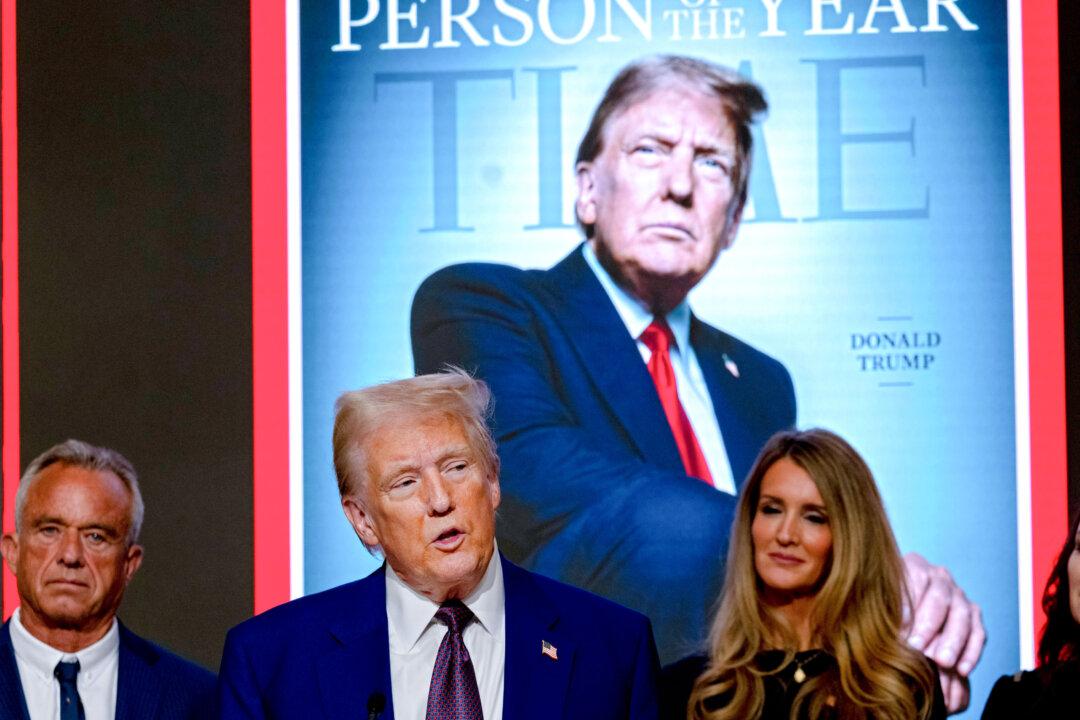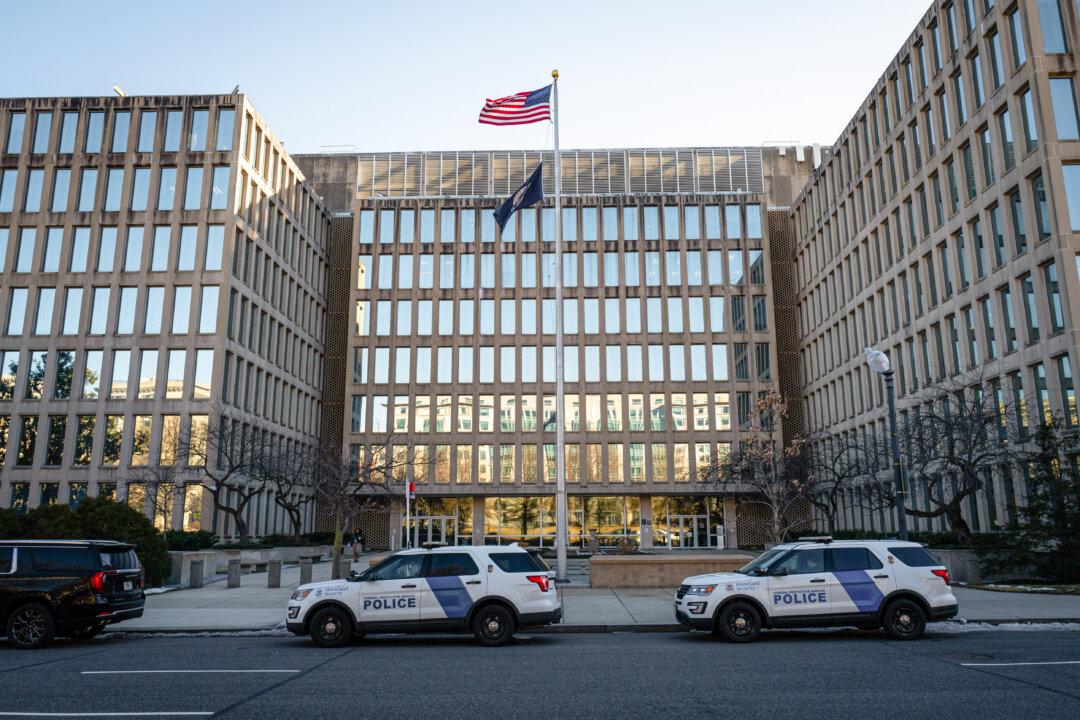President-elect Donald Trump spoke with Time magazine after being selected as Time’s 2024 Person of the Year, covering topics ranging from his plans to carry out mass deportations to his continued support for the Senate filibuster.
The transcript of the Nov. 25 interview, conducted at Trump’s Mar-a-Lago Club in Palm Beach, Florida, was released on Dec. 12. The president-elect also discussed his views on U.S. foreign policy with Ukraine, plans to pardon Jan. 6 defendants, a promise not to restrict access to abortion medication, and potential bans on some vaccines.





